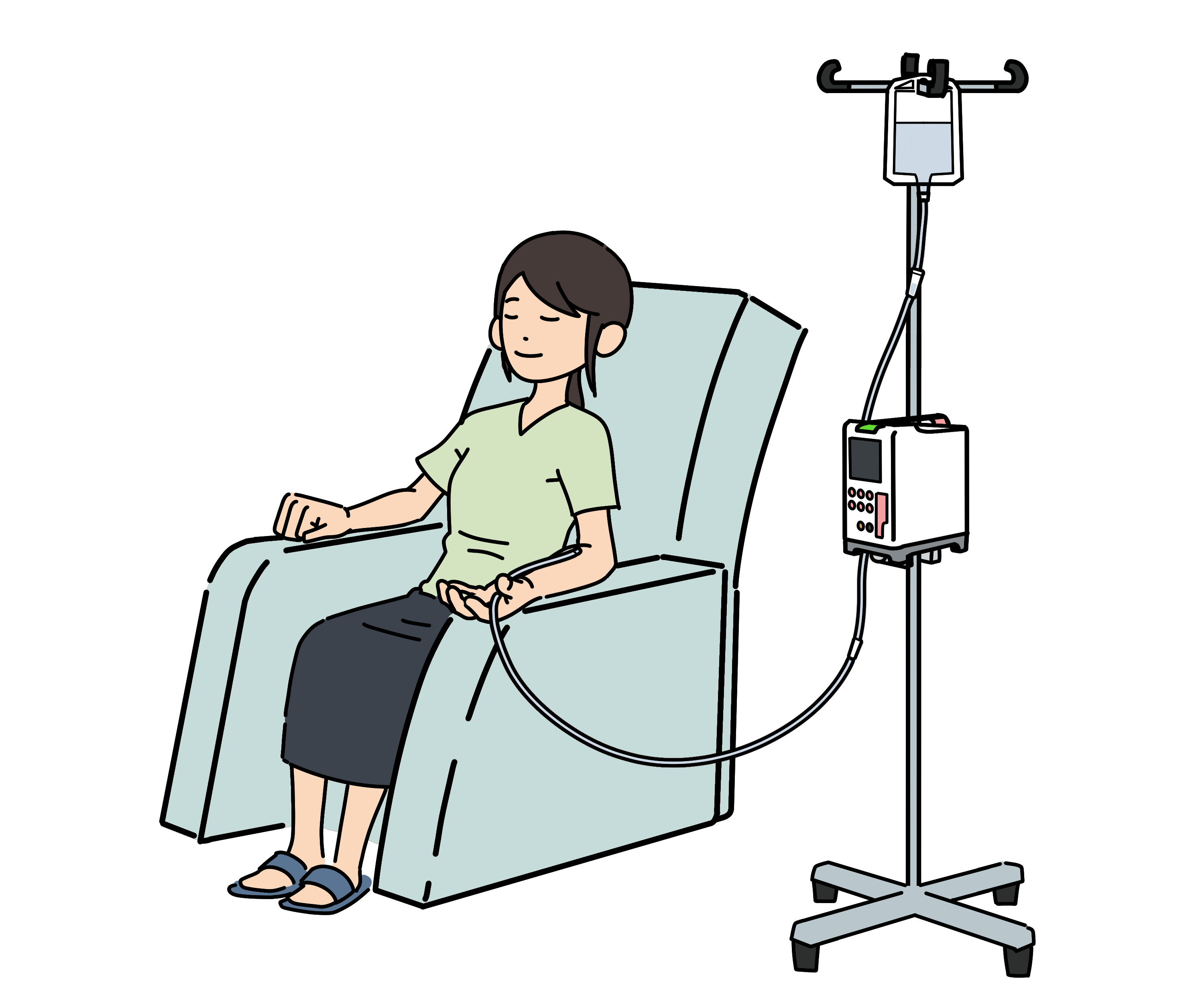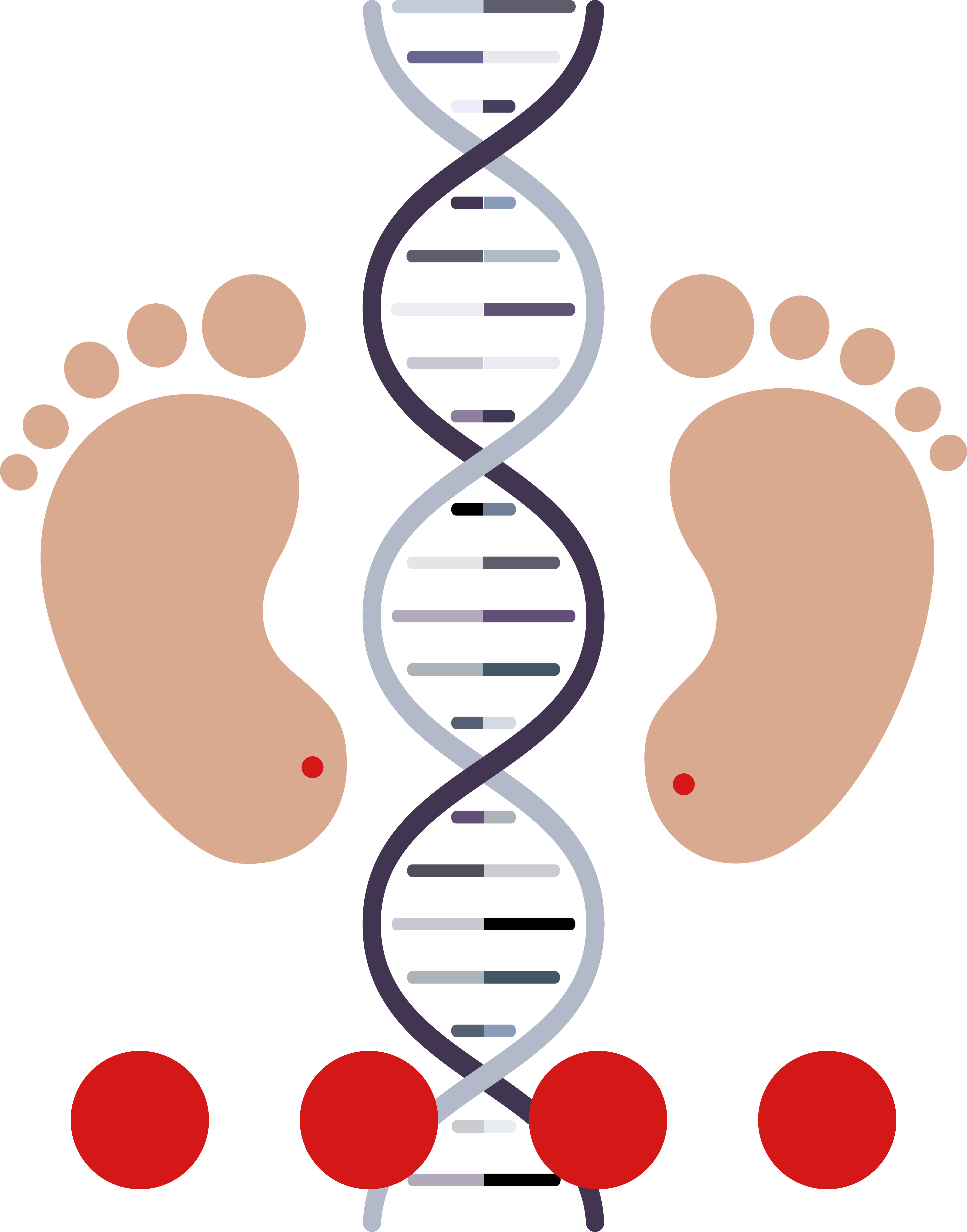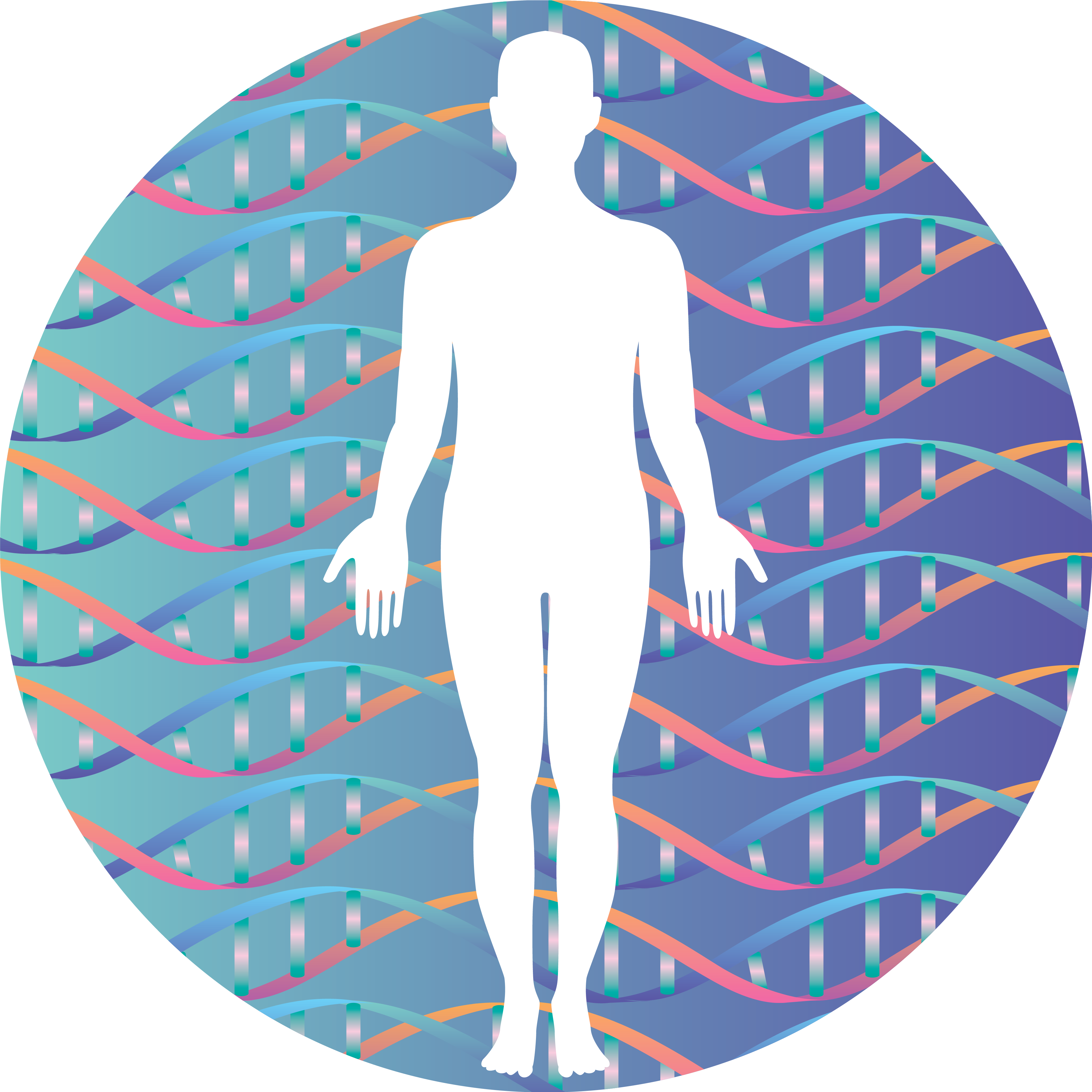Whole exome sequencing (WES) test
WES is Whole Exome Sequencing (Whole Exome Sequencing), i.e. exomes (coding fragments) of all, i.e. more than 23 500 human genes.
In the human genome (all DNA) there are more than 180,000 exons, which accounts for less than 2% of the total sequence, but within the exome there are about 80-90% of the mutations responsible for the diseases.
The test is performed using technology NGS, or Next Generation Sequencing. The WES study has huge advantage over standard genetic tests, in which only single mutations within a gene are analyzed.


Why is our approach innovative, compared to other laboratories?
The waiting time for the result is only 4 weeks from the delivery of the material to the labotarium
The patient has the option to purchase subscription (does not burden his budget in this way one time)
As part of the subscription, the patient can select additionalany analysis (if a particular disease entity we will create such a panel of tests up to 7 days).
The analysis of sequencing data performed in our laboratory includes all known mutations, also referred to as variants or so-called SNPs. SNPs (single-nucleotide polymorphisms)associated with a particular disease entity.
The result of bioinformatics analysis determines the clinical status of the detected variants, predictive analysis, and visualization of the obtained results.
The result of the test is consulted with specialist in the relevant medical field.
Each result is updated with the latest scientific data every 6 months.
Sprawdz wszystkie dostępne badania WES
Find the genetic test (type in the name of the disease unit or gene)
-
Konsultacja lekarska - genetyk kliniczny PROFESORSKA wynik WES
-
Badanie obejmuje analizę zmian genetycznych w 25 genach związanych z m.in: hipomagnezemią hiperkalciuryczną zespółem Gitelmana hipomagnezemią mitochondrialą innymi hipomagezemiamii POBIERZ SKIEROWANIE - uzupełnij i dołącz do materiału (KLIKNIJ)
-
Dla kogo jest przeznaczone badanie Pacjenci z choroba nowotworową Pacjenci z zaawansowanymi lub trudnymi do leczenia nowotworami Pacjenci z opornymi na leczenie nowotworami
-
Dla kogo jest przeznaczone badanie osób bezobjawowych z przypadkami nowotworów w rodzinie. osób mających wysokie ryzyko zachorowania na raka, np. pacjentki obciążone mutacją predysponującą do nowotworów osób chcących wykonać profilaktykę przeciwnowotworową. POBIERZ SKIEROWANIE - uzupełnij i dołącz do materiału (KLIKNIJ)
-
Badanie obejmuje analizę 2788 zmian genetycznych w 13 genach związanych z m.in: nerwiakowłókniowatością typu 1 nerwiakowłókniowatością typu 2 schwannomatozą zespołem Legiusa POBIERZ SKIEROWANIE - uzupełnij i dołącz do materiału (KLIKNIJ)
-
Badanie obejmuje analizę w 863 genach związanych z: chorobami metabolicznymi chorobami mitochondrialnymi POBIERZ SKIEROWANIE - uzupełnij i dołącz do materiału (KLIKNIJ)
-
Badanie obejmuje sekwencjonowanie całoegzomowe oraz całościową analizę bioinformatyczną POBIERZ SKIEROWANIE - uzupełnij i dołącz do materiału (KLIKNIJ)
-
Badanie obejmuje dowolny pakiet 2 badań dla 2 osób POBIERZ SKIEROWANIE - uzupełnij i dołącz do materiału (KLIKNIJ)
-
Badanie obejmuje analizę 119 855 zmian genetycznych w 425 genach związanych z: niepłodnością żeńską niepowodzeniami rozrodu nawracającymi poronieniami stanem przedrzucawkowym rzucawką trombofilią (nadkrzepliwością) POBIERZ SKIEROWANIE - uzupełnij i dołącz do materiału (KLIKNIJ)
-
Badanie obejmuje analizę 101776 zmian genetycznych w 34 genach związanych z: rakiem piersi rakiem jajnika rakiem endometrium/macicy POBIERZ SKIEROWANIE - uzupełnij i dołącz do materiału (KLIKNIJ)
-
Badanie obejmuje analizę 38167 zmian genetycznych w 51 genach związanych z: wielotorbielowatość nerek dziedziczoną autosomalnie dominująco wielotorbielowatość nerek dziedziczoną autosomalnie rcesywnie POBIERZ SKIEROWANIE - uzupełnij i dołącz do materiału (KLIKNIJ)
-
Badanie obejmuje analizę 77209 zmian genetycznych w 126 genach związanych z chorobami śródmiąższowymi płuc do których zaliczmy: ponad 300 różnych chorób, które klasyfikowane są jako śródmiąższowe choroby płuc. Do częściej występujących należą: Sarkoidoza Idiopatyczne włóknienie płuc Zewnątrzpochodne alergiczne zapalenie pęcherzyków płucnych (znane także jako alergiczne zapalenie płuc) Śródmiąższowa choroba
-
Badanie obejmuje analizę 244506 zmian genetycznych w 579 genach związanych z: autyzmem dziecięcym, autyzmem atypowym, zespołem Aspergera. POBIERZ SKIEROWANIE - uzupełnij i dołącz do materiału (KLIKNIJ)
-
Badanie obejmuje analizę 41455 zmian genetycznych w 86 genach związanych z: nawracajacymi poronieniami. niepowodzeniami rozrodu. POBIERZ SKIEROWANIE - uzupełnij i dołącz do materiału (KLIKNIJ)
-
Badanie obejmuje analizę 79332 zmian genetycznych w 301 genach związanych z: niepłodnością męską, niepłodnością żeńską, niepowodzeniami rozrodu. Przykładowe wyniki (kliknij): Niepłodność męska Niepłodność żeńska Interpretacja kliniczna POBIERZ SKIEROWANIE - uzupełnij i dołącz do materiału (KLIKNIJ)
-
Badanie obejmuje analizę 8121 zmian genetycznych w 47 genach związanych z: stanem przedrzucawkowym, rzucawką. POBIERZ SKIEROWANIE - uzupełnij i dołącz do materiału (KLIKNIJ)
-
Badanie obejmuje analizę 4740 zmian genetycznych w 81 genach związanych z: astmą oskrzelową. POBIERZ SKIEROWANIE - uzupełnij i dołącz do materiału (KLIKNIJ)
-
Badanie obejmuje analizę 9034 zmian genetycznych w 24 genach związanych z: trombofilią (nadkrzepliwością) zakrzepicą żył głębokich POBIERZ SKIEROWANIE - uzupełnij i dołącz do materiału (KLIKNIJ)






















